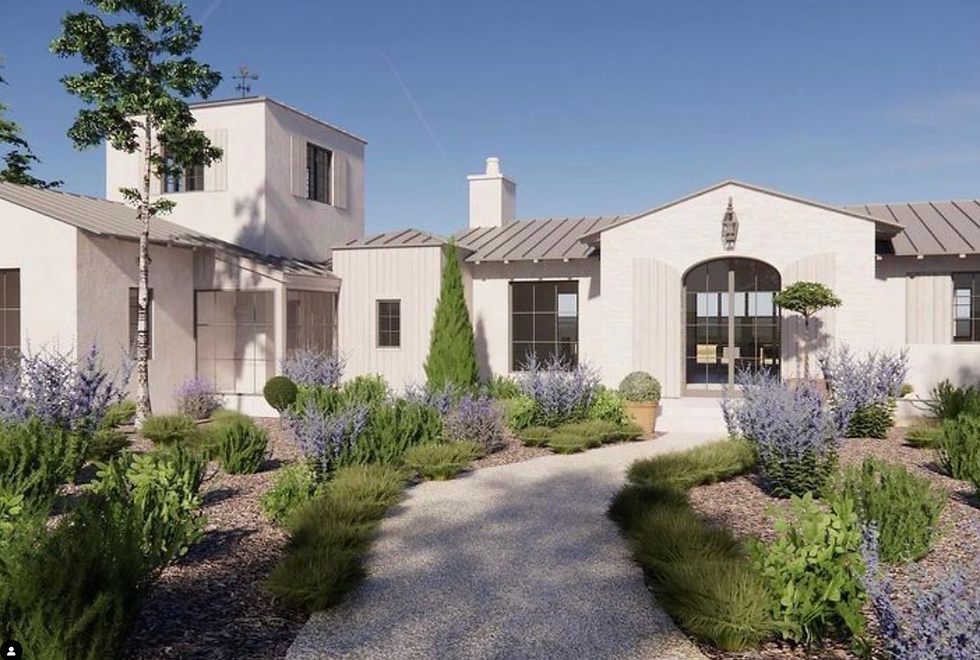
Building a custom home is an exciting journey that allows you to create a space uniquely tailored to your lifestyle and preferences. However, one of the most common challenges prospective homeowners face is understanding the budgeting process, particularly regarding the concept of price per square foot. I believe in educating my clients to ensure they have the right expectations and can make informed decisions. This blog aims to shed light on the intricacies of budgeting and the importance of understanding price per square foot in the custom home-building process.
A Common Challenge for Custom Home Buyers
It's not uncommon for potential homeowners to come to me with a clear vision of their dream home, only to be surprised by the complexity of pricing it. Many clients have heard various figures about price per square foot and have calculated their budgets accordingly. However, they often find themselves frustrated when those numbers don’t align with the reality of building a custom home.
One common scenario involves clients who assume that a 5 x 5 room (25 square feet) should cost the same per square foot as a 10 x 2.5 room (25 square feet). This simplification overlooks that the layout, design complexity, and materials significantly impact the overall cost.
Through my years of experience, I’ve found that educating clients on these nuances helps them set realistic budgets and make informed decisions. Understanding the factors influencing pricing can transform frustration into empowerment, enabling clients to prioritize their needs and desires without compromising quality.
The Misconception of Price Per Square Foot
A common misconception among home buyers is that price per square foot is a straightforward metric. For instance, many assume that a 5 x 5 room (25 square feet) should cost the same per square foot as a 10 x 2.5 room (25 square feet). However, this simplification can lead to unrealistic expectations and budgeting errors.
The reality is that a home's layout and design significantly impact its cost. Factors such as the complexity of the design, the type of materials used, and the finishes all play a crucial role in determining the overall cost. For example, a more intricate floor plan with numerous corners, angles, and specialty rooms can increase labor and material costs, even if the total square footage is the same.
Key Factors Influencing Custom Home Costs
Design Complexity: Custom homes often feature unique architectural elements that can increase the cost. Curved walls, vaulted ceilings, and extensive custom millwork are beautiful but can add to the budget.
Material Quality: The choice of materials greatly impacts the price. Premium materials such as hardwood floors, high-end appliances, and custom cabinetry can elevate the cost per square foot compared to standard options.
Labor Costs: Skilled labor is essential for quality construction. The expertise required for custom features often means higher labor costs than standard homes.
Site Preparation: The location and topography of your lot can affect the budget. Site preparation costs can vary significantly based on the need for grading, excavation, and utility connections.
Setting a Realistic Budget
To ensure a smooth building process, setting a realistic budget from the outset is crucial. Here are some steps to help you establish a budget that aligns with your vision and financial capabilities:
Consult with Your Builder: Engage with your custom home builder early. I offer personalized consultations to help you understand the costs associated with your desired home features and layout.
Prioritize Features: Determine which features are most important to you. This can help you make informed decisions about where to allocate your budget.
Consider Future Costs: Think beyond the initial construction costs. Maintenance, landscaping, and potential upgrades should be factored into your overall budget.
Plan for Contingencies: It’s wise to set aside a contingency fund for unexpected expenses. This can help you manage any surprises that may arise during the construction process.
Why Choose Vick Pope Custom Homes?
I pride myself on my commitment to honesty, integrity, and exceptional craftsmanship. Growing up in Temple, Texas, I learned the value of genuine connections early on, and this small-town spirit is at the heart of my business. With over 25 years of experience in the construction industry, I’ve built a reputation for managing the client’s building experience with the utmost care and precision.
I manage every step of the building process, from lot selection to meticulous client care, creating a personalized, stress-free experience. My goal is to turn your dreams into a luxurious space you’ll cherish for years to come.
Serving the Texas Hill Country
Based in Dripping Springs, Texas, we proudly serve clients in the surrounding towns such as Wimberley, Driftwood, Johnson City, Bee Cave, and more. I understand the unique characteristics of the Texas Hill Country and strive to create homes that blend seamlessly with the beautiful landscape.
Whether you’re looking to build a custom home in Dripping Springs or nearby areas, I’m here to guide you every step of the way. Schedule a consultation with me today and let’s start building your dream home.

Comments